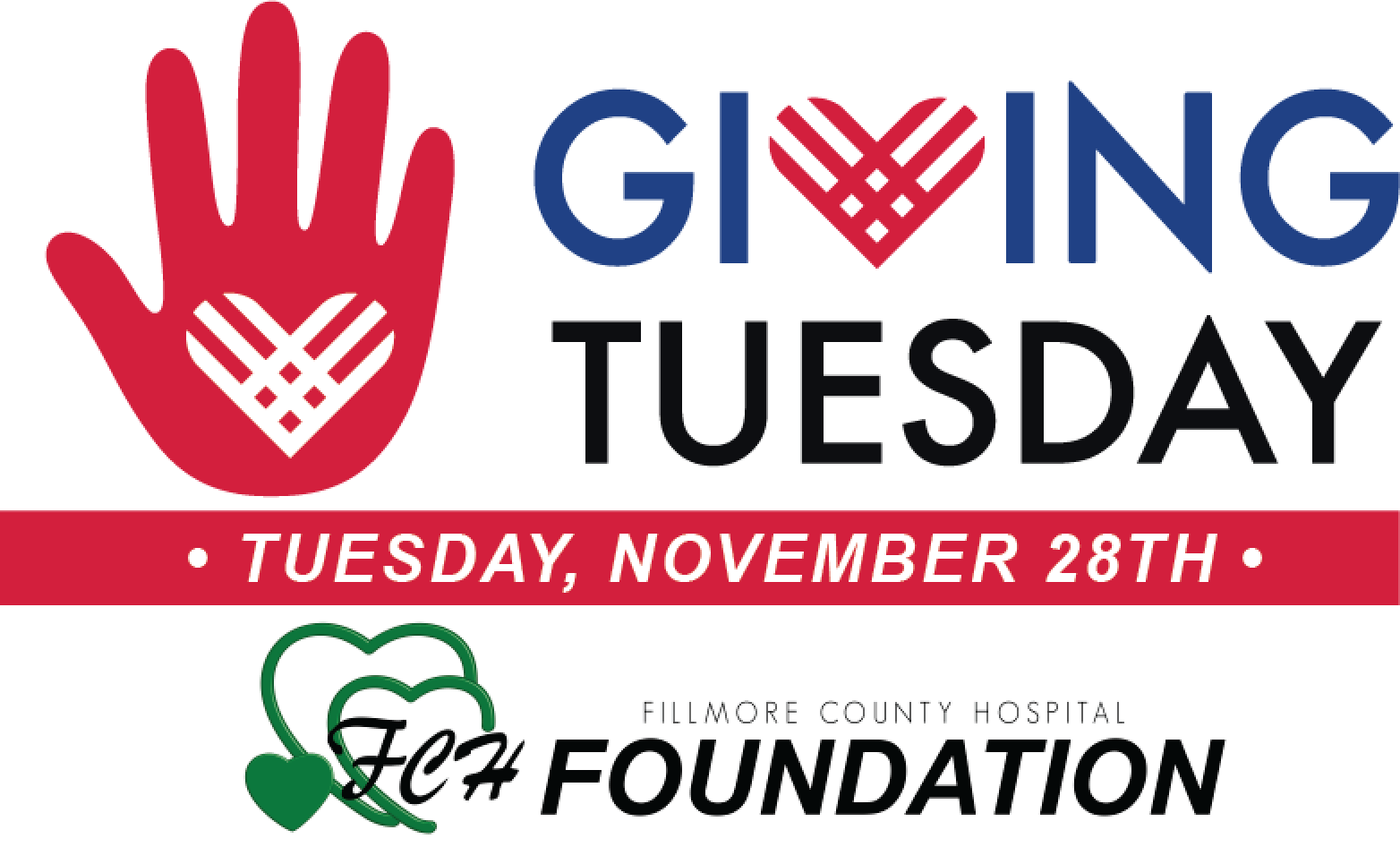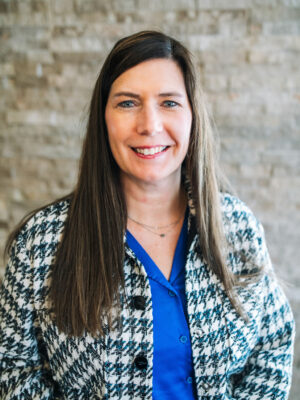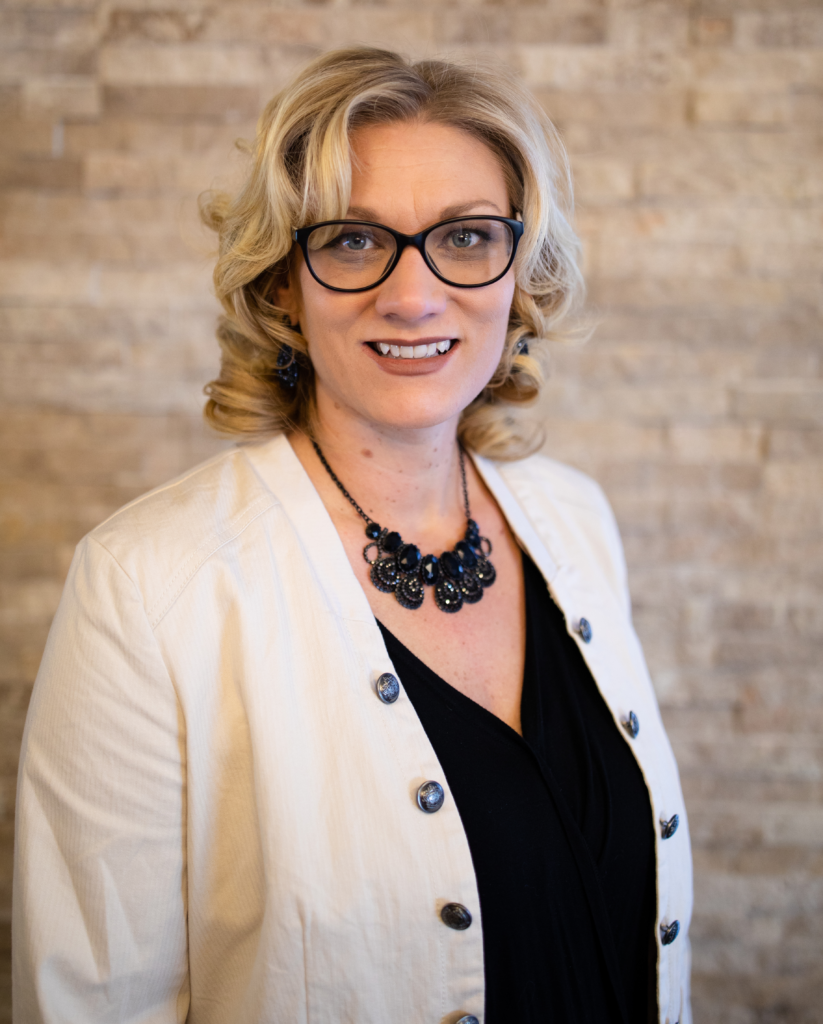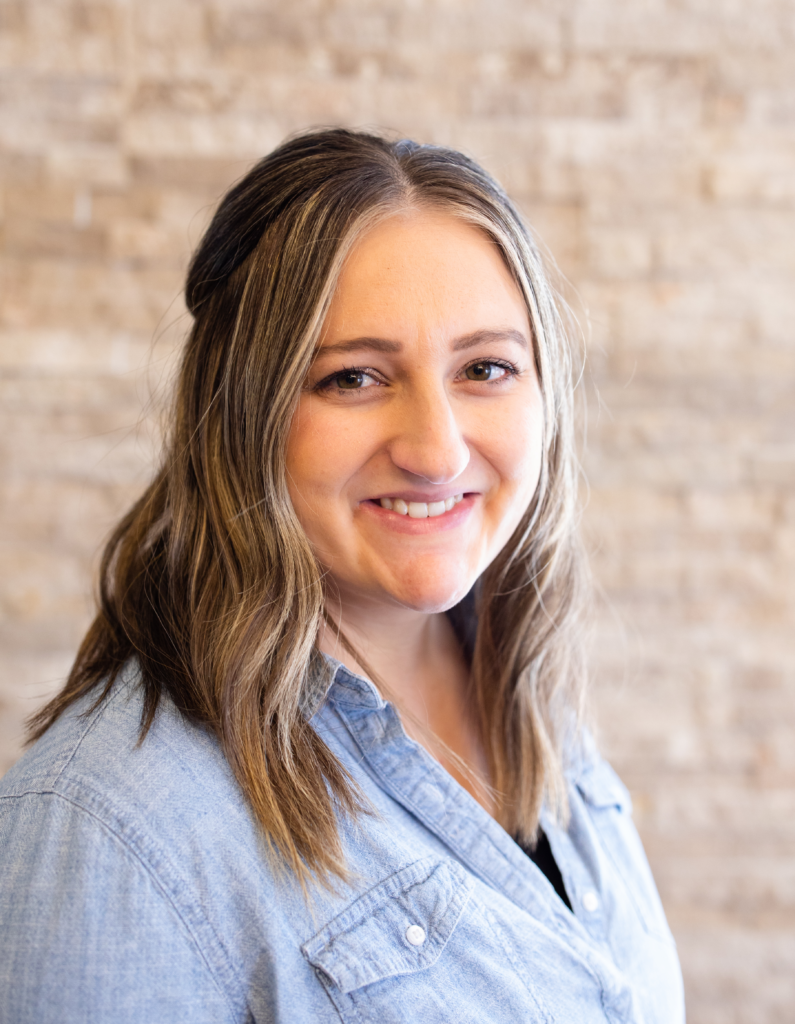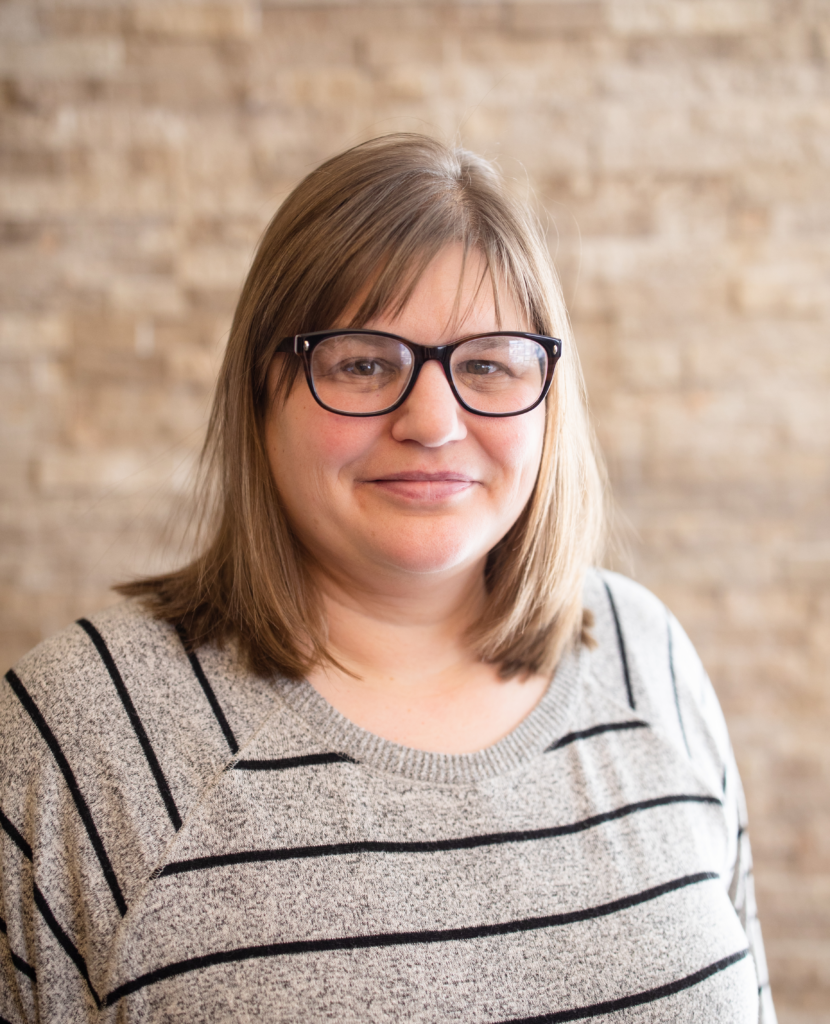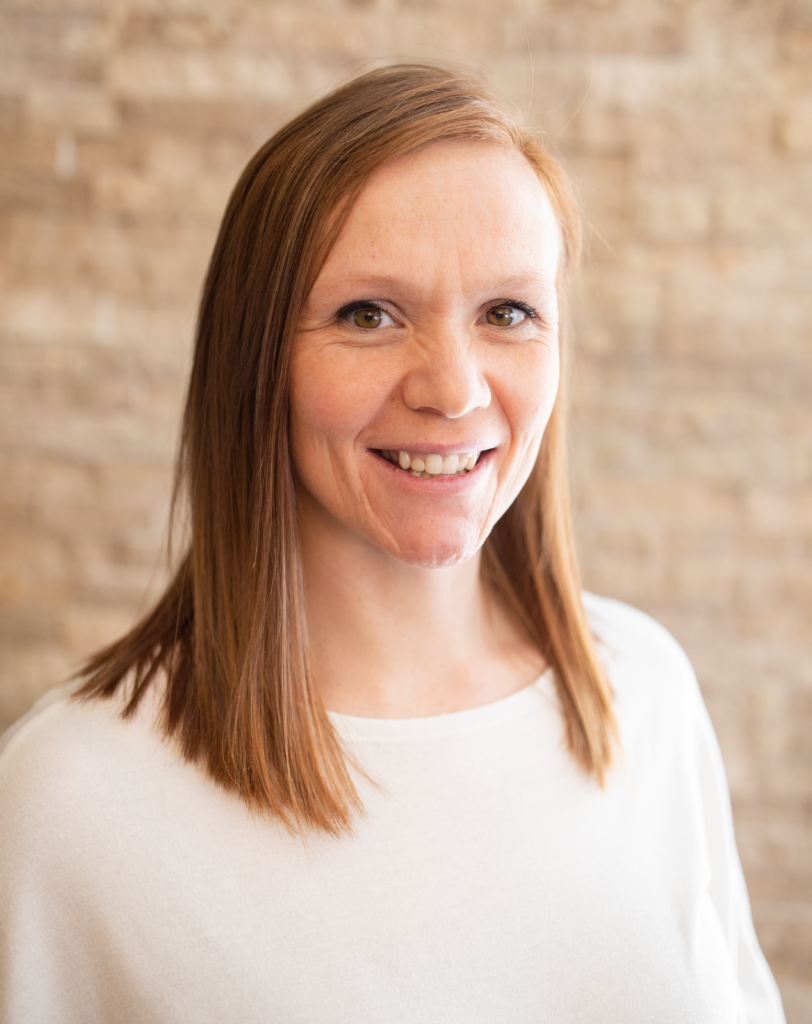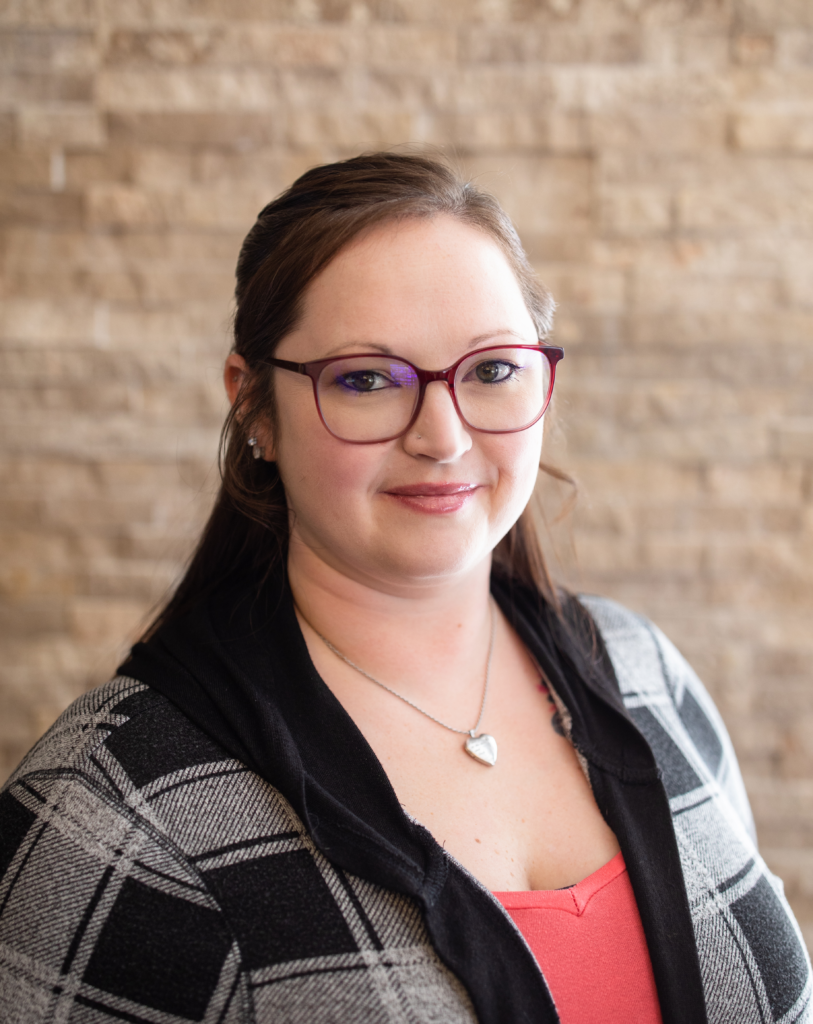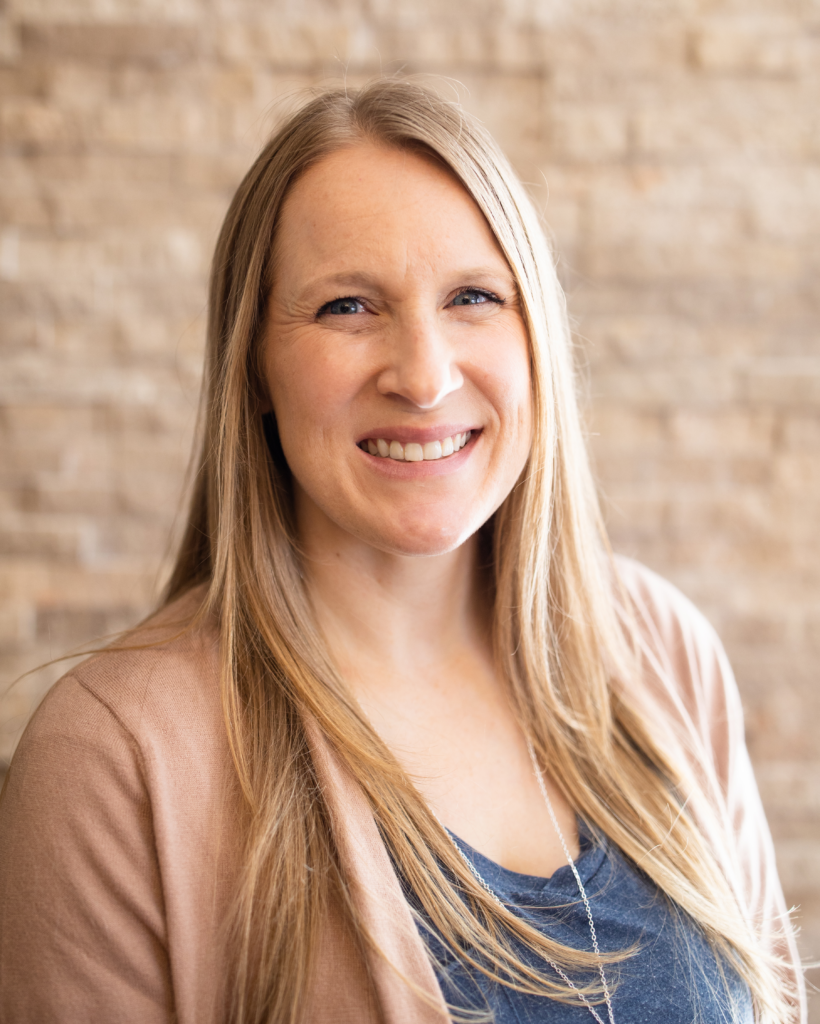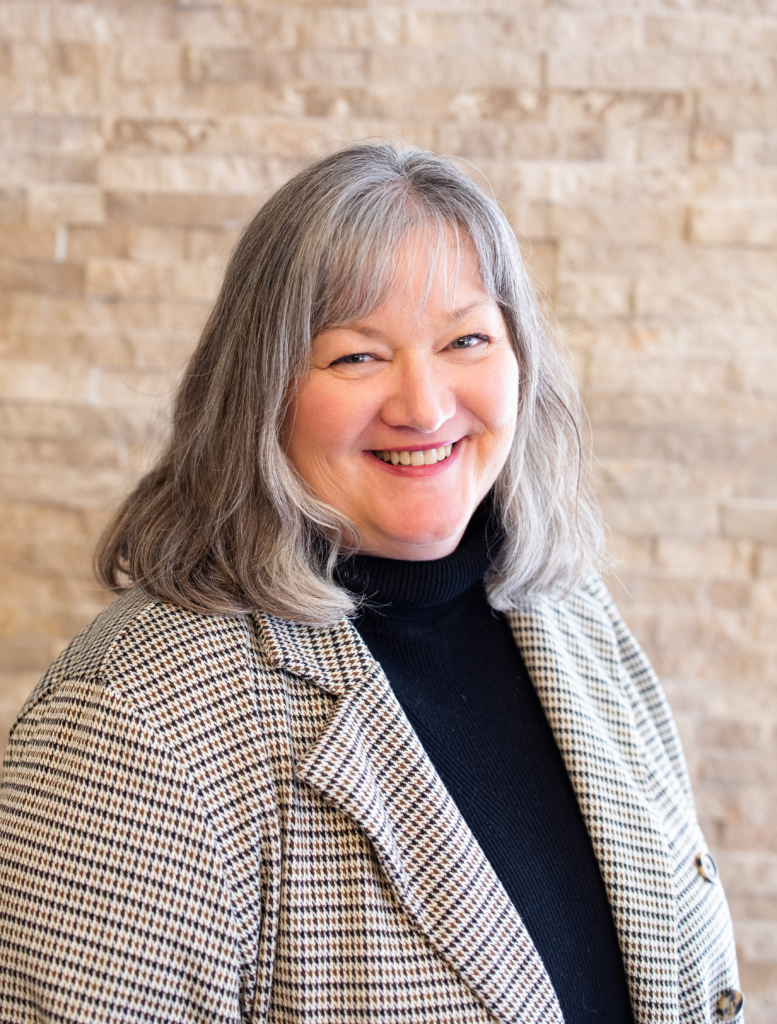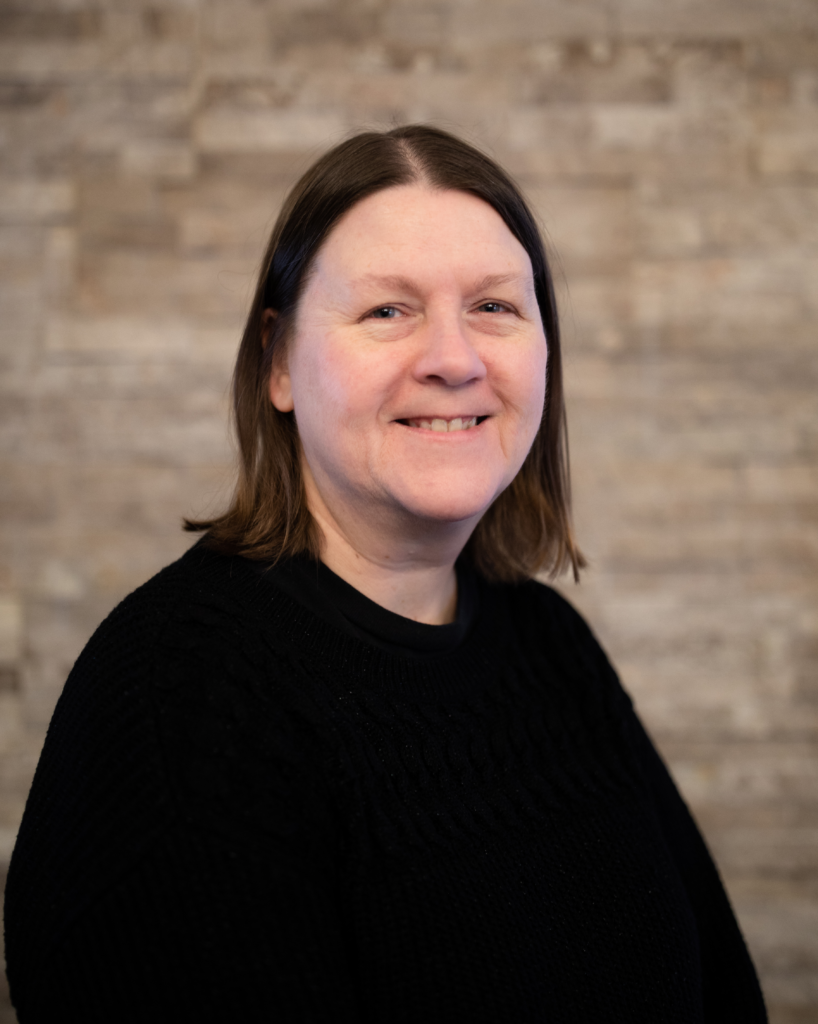About Us
Staff & Clinicians
In 2011 Fillmore County Hospital, a county owned hospital located in Geneva, NE embarked on an incredible journey that no one quite realized how important it would become. FCH decided to provide behavioral health services for seniors in the Geneva and surrounding areas, something that was very rare and difficult to find at this time. This was in response to the overwhelming need for geriatric mental health in part due to the growing number of seniors with little to no access to behavioral health resources. The nearest support was often over an hour away in most cases. In addition, many seniors experienced unique obstacles in accessing behavioral health services such as declining physical health and/or inability to drive, financial constraints, stigma, and unique rural characteristics that differ from their urban counterparts.
CEO, Paul Utemark had a passionate and innovative vision for community health that included the notion that emotional health and physical health could not and should not be mutually exclusive. Largely unheard of at that time, especially in rural Nebraska, he led Fillmore County Hospital into an integrated care environment whose goal was to bridge the gap between these two historically very separate areas of health. It was here that FCH began its pursuit to impact the emotional well-being of individuals, families, and the community as a whole by accepting responsibility for treating a person’s overall health in a very intentional way. Mr. Utemark inspired the hospital and its staff to begin asking questions like, “How can we”, and “why not,” rather than accepting “we can’t,” “no one else is doing this,” and “I don’t know how.” It allowed us to begin to ask the questions and ponder the answers that were once only talked about behind closed doors and out of the public arena.
Slowly, the stigma that overshadowed mental health began to dissipate and dissolve making way for tolerance and understanding in its place. This is a perfect example of how the vision and action of a few inspired and innovative leaders can lead to large scale change in the status quo. FCH, under Mr. Utemark ‘s leadership, began to shift into an atmosphere of integration and forged ahead into population health before those words carried much meaning for this part of the nation. As a rural county owned hospital, we have always considered our community family. They are in fact our mothers and fathers, children and siblings, friends and neighbors. Because of this commitment to each other, we have been fortunate enough to affect change in a most amazing and progressive way.
The hospital began to look at things from a behavioral perspective and worked hard to develop behavioral health expertise in a primary care setting. We set out almost 10 years ago to become the regional choice in behavioral healthcare and in our effort to attain this goal we were able to cultivate strong community partnerships and create an open forum to discuss behavioral health in a whole new way. Currently we offer integrated mental health services in our P3 program, Cardiac and pulmonary programs, Orthopedics, pain management clinic, and cancer rehabilitation.
Since then, we have responded to the needs of our community wherever possible. This has included adding a traditional outpatient program that serves individuals of all ages. Treatment most often includes addressing stressors and mental health needs from anxiety and depression, divorce, family issues, trauma, grief and loss, general stress to adjustment disorders, major depressive disorder, bipolar disorder, schizophrenia, substance abuse, and everything in between.
We have partnered with local school systems to provide school based mental health services, partnered with Directions EAP to provide employee mental health services, added a medication management program in which individuals have access to an Advanced Practice Registered Nurse specialized in psychiatric care including an on-site clinic as well as telehealth locations across the state.
In 2015 we opened our 10 bed inpatient geriatric psych unit to provide hospitalization for those 55 and older experiencing acute mental health symptoms and distress. Patients who are suffering from dementia experiencing increasingly unmanageable behavioral symptoms, major depressive disorder, bipolar disorder, schizophrenia, and acute anxiety disorders are served in a supportive and safe environment where they typically spend between 10-12 days regaining stability. All staff are trained in dementia specific care and are dedicated to providing exceptional care to our patients.
With much sadness, in Spring of 2022, we announced the closure of the Inpatient Psych unit. During that time, it served a total of 918 patients from 83 counties in Nebraska a surrounding states. The decision was very difficult after a full financial, forecasting and staffing analysis revealed a highly challenging road ahead. FCH remains committed to serving the mental health needs of our patients and has focused its efforts on deepening and expanding the outpatient behavioral health services to serve more patients than ever.
We are honored to serve the mental health needs of our community and those across the state. Each and every one of us are committed to provide exceptional, evidence based therapy to those seeking treatment. If you or anyone you know would like to speak to a counselor about the possibility of engaging in one of our services, please contact Fillmore County Hospital’s Integrated Health Services at 402-759-3192. Help is only a phone call away.
How Therapy Works
Counseling will be a different experience for different people, as we strive to meet your individual needs based on your unique set of circumstances. In your first session, which is called an “intake” appointment, you will be asked basic, informational questions and work with your therapist to establish goals for counseling.
What happens during the course of your counseling experience may differ over time, based on your situation, progress, or changes in your life. Your therapist may at times suggest exploring potential solutions such as relaxation training, journaling, role-playing, talking with relevant individuals, reading assignments, or even “homework.” How the therapeutic process will progress depends on your needs and goals.
Group counseling may be an alternative or supplement to individual counseling. It may be the best option for individuals who are coping with relationship or interpersonal concerns, but may also be appropriate for individuals dealing with issues such as depression or anxiety. The opportunity to meet with other people can provide you with peer support as you learn ways to cope. If your therapist recommends that you join a group, you will likely schedule a meeting with the staff member who leads the group for a “screening” appointment, during which time you will learn more about the group. It will also give the group leader a chance to learn more about your needs and how the group may be able to help you achieve your goals.
Couples counseling is an opportunity to work with your partner on issues that may be impacting your relationship. You may focus on communication skills, conflict resolution, or making decisions about your future together. Your therapist will serve as a mediator and guide during these discussions, and will help you work together to focus on and achieve specific goals for your relationship.
“EMDR (Eye Movement Desensitization and Reprocessing) is a psychotherapy that enables people to heal from the symptoms and emotional distress that are the result of disturbing life experiences. Repeated studies show that by using EMDR therapy people can experience the benefits of psychotherapy that once took years to make a difference. It is widely assumed that severe emotional pain requires a long time to heal. EMDR therapy shows that the mind can in fact heal from psychological trauma much as the body recovers from physical trauma. When you cut your hand, your body works to close the wound. If a foreign object or repeated injury irritates the wound, it festers and causes pain. Once the block is removed, healing resumes. EMDR therapy demonstrates that a similar sequence of events occurs with mental processes. The brain’s information processing system naturally moves toward mental health. If the system is blocked or imbalanced by the impact of a disturbing event, the emotional wound festers and can cause intense suffering. Once the block is removed, healing resumes. Using the detailed protocols and procedures learned in EMDR therapy training sessions, clinicians help clients activate their natural healing processes.”
